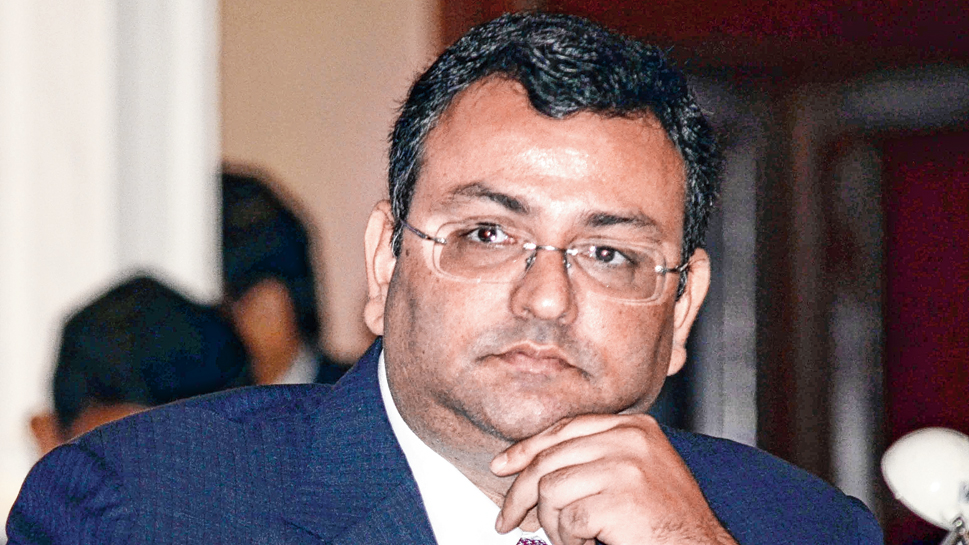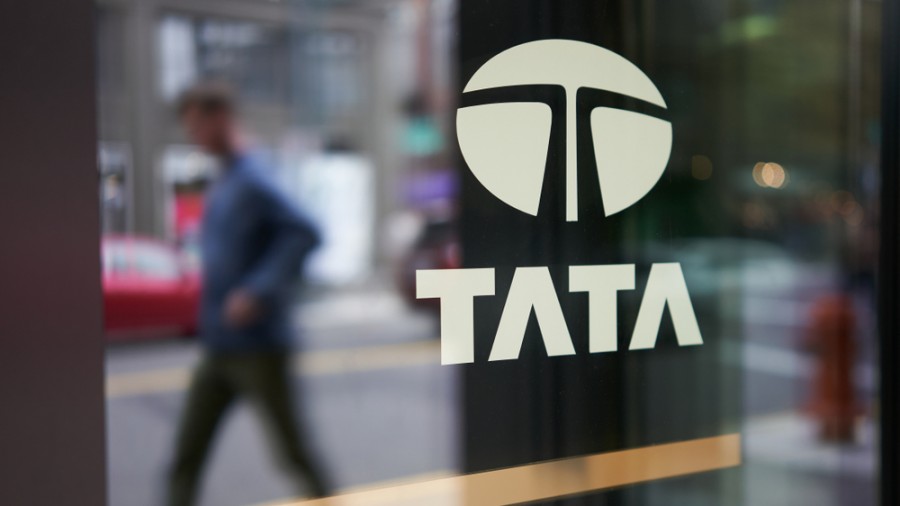The Shapoorji Pallonji (SP) Group has finally thrown in the towel after a bruising, four-year battle with Ratan Tata and the executors of the trusts of the $113-billion salt-to-software conglomerate.
“Today, it is with a heavy heart that the Mistry family believes that a separation of interests would best serve all stakeholder groups,” the Cyrus Mistry camp said in a media release just hours after the Supreme Court ordered status quo on the shares in Tata Sons that the SP Group had intended to pledge with a Canadian investor to raise badly needed funds for the cash-strapped construction and real estate group.
The battle between the two partners had erupted in October 2016 when the Tata Group summarily removed Mistry as its chairman, angered over the manner in which he was running its affairs at Bombay House, the headquarters of the Tata Group.
On September 5, the Tatas had filed a petition before the Supreme Court to stymie a funding agreement between the SP Group and Brookfield — a marquee Canadian investment firm — to raise a first tranche of Rs 3,750 crore.
The real estate and construction group had been planning to raise Rs 11,000 crore that it desperately needed to tide over an acute funds crunch precipitated by the pandemic.
The Mistry camp informed the apex court at a brief videoconference hearing in the morning that a “separation from the Tata Group is necessary due to the potential impact this continuing litigation could have on the livelihoods and the economy”.
Counsel for the SP Group had informed the court that “it was crucial that an early resolution is reached to arrive at a fair and suitable solution reflecting the value of the underlying tangible and intangible assets (of Tata Sons)”, the release from the Mistry camp said.
“The past oppressive actions, and the latest vindictive move by Tata Sons that impact the livelihoods of the wider SP Group community leads to the inescapable conclusion that the mutual co-existence of both groups at Tata Sons would be infeasible,” the letter issued by the Mistry camp said.
The Tatas refused to comment on the sudden turn of events.
Until the late evening letter, it wasn’t clear after the Supreme Court hearing that the Mistrys were planning to take such a precipitate step and sever their ties with the Tatas.
Earlier in the day, a bench headed by Chief Justice of India S.A. Bobde had ordered the parties to “maintain status quo regarding the transfer and pledging of shares already made” while posting the case for hearing on October 28.
At the hearing, counsel for the two sides sparred over the Mistry camp’s fund-raising plan. Senior advocate Harish Salve, appearing for the Tatas, accused the SP Group of playing “mischief” by pledging the shares with a foreign company and not offering it to the Tatas who, he claimed, held the right of first refusal.
Senior advocate C.A. Sundaram, appearing for the Mistry camp, countered the allegation and said the Tata Group’s action was “causing havoc” and “throttling” the Pallonji group from pledging its shares.
The Mistry camp will of course try to extract the best possible value for the shares that the group assiduously built up within the Tata Group from the mid-sixties.
An estimate floating around in Mumbai put the value of the Tata Sons equity shares at Rs 9,70,029 crore with each share valued at Rs 2.40 crore. This would place the value of the Mistry camp’s 18.37 per cent stake at Rs 1,78,459 crore.
The estimate includes the value of Tata Sons’ stakes in various listed and unlisted companies of the group. It also includes the “intangible” value of the Tata brand which has been estimated at Rs 1,46,000 crore. Ratan Tata had pioneered a system in the mid-nineties under which group companies had to pay royalties to the holding company for the use of the Tata brand name.
There are tough negotiations that lie ahead between the two partners turned foes. The Tatas are expected to try to beat down the valuation and the ultimate payout.
The Mistry camp did not spell out how the process of separation would be achieved but it is likely to be a court-driven process, which could be initiated at the next hearing of the Supreme Court.
Tata Sons had turned into a private limited company in September 2017 and changed its articles of association that empower it to exercise a right of first refusal on any share that an investor plans to sell in the group’s holding company.
Tata Sons, which has only 23 equity shareholders, had all but effectively shut down the Mistry camp’s options.

Ratan Tata File picture
However, in December last year, the National Company Law Appellate Tribunal (NCLAT) had ordered the reinstatement of Mistry as chairman of the group and declared the decision of the registrar of companies (RoC) to change Tata Sons’ status from a public company to a private company as “illegal” and set it aside.
That verdict sparked another legal battle — this time before the Supreme Court.
The SP Group has clearly tired of the costly litigation battle.
On Tuesday, the group tried to set the record straight both on the events that have unfolded over the past four years and the honourable manner in which it had upheld its fiduciary responsibility as a minority shareholder of Tata Sons.
“The SP Group had always used its voting rights as a shareholder for the best interest of the Tata Group. It is a matter of record that prior to the year 2000, when the Tata Trusts, being public charitable trusts, couldn’t exercise their voting rights, the same being held by a public trustee, the SP Group voted to protect the best interests of the Tata Group,” the Mistry camp’s release said.
The letter recalled that Cyrus Mistry had accepted the position of chairman of Tata Sons in 2012 — when Ratan Tata decided to retire — “with a sense of duty as an ‘insider’ on the Board of Tata Sons”.
Mistry said that he had attempted to establish a governance structure for the Tata Group — which eventually resulted in the feud with Ratan Tata — only because “several leaders who were retiring from the Board of Tata Sons also served as Trustees of the majority shareholders — the Tata Trusts”.
The letter said Mistry was removed when he attempted to implement these “governance reforms” and undo the financial damage caused to the group because of certain “value destructive business decisions” taken in the past. As a result, the total debt of the major Tata Group companies had ballooned to approximately Rs 100,000 crore in the last three years.
The Mistry camp said it decided to sever ties after being blocked by Tata Sons from raising funds from the pledge of the shares they held.
The fund-raising plan was designed, it said, “to protect the livelihoods of 60,000 employees and over 100,000 migrant workers” of the 150-year-old SP Group.












